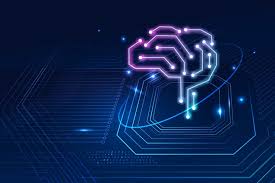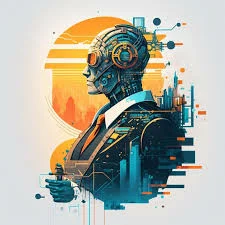Artificial Intelligence
Artificial intelligence (AI)
refers to the development of computer systems that can perform
tasks that typically require human intelligence, such
as:
- Learning: AI systems can learn
from data and improve their performance over time.
- Problem-solving: AI systems can
analyze complex problems and generate solutions.
- Reasoning: AI systems can draw
logical conclusions from available data.
- Perception: AI systems can
interpret and understand data from sensors, images, and other
sources.

AI has many applications,
including:
- Virtual assistants: AI-powered
assistants can perform tasks, answer questions, and provide
recommendations.
- Image recognition: AI systems
can recognize objects, people, and patterns in
images.
- Natural language processing: AI
systems can understand and generate human language.
Some benefits of AI
include:
- Increased efficiency: AI can
automate repetitive tasks and improve
productivity.
- Improved accuracy: AI systems
can reduce errors and improve decision-making.
- Enhanced customer experience:
AI-powered systems can provide personalized recommendations and
support.

Some potential challenges and
considerations with AI include:
- Bias and fairness: AI systems
can perpetuate biases if trained on biased data.
- Job displacement: AI automation
can potentially displace certain jobs.
- Privacy and security: AI
systems can raise concerns about data privacy and
security.
- Transparency and
explainability: Understanding how AI systems make decisions can
be challenging.
Some exciting AI applications
include:
- Healthcare: AI can help with
diagnosis, personalized medicine, and medical
research.
- Education: AI can enhance
learning experiences, automate grading, and provide
personalized feedback.
- Environment: AI can help with
climate modeling, conservation, and sustainability
efforts.

Some potential future
developments in AI include:
- Increased autonomy: AI systems
that can operate independently and make decisions without human
oversight.
- Multimodal learning: AI systems
that can learn from multiple sources of data, such as text,
images, and audio.
- Human-AI collaboration: AI
systems designed to work alongside humans, enhancing
productivity and decision-making.
Some emerging AI applications
include:
- Creative AI: AI-generated art,
music, and writing.
- Emotional intelligence: AI
systems that can understand and respond to human
emotions.
- Explainable AI: AI systems that
provide transparent and interpretable decision-making
processes.
